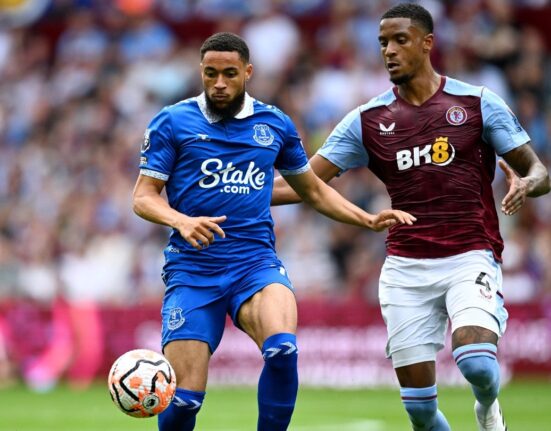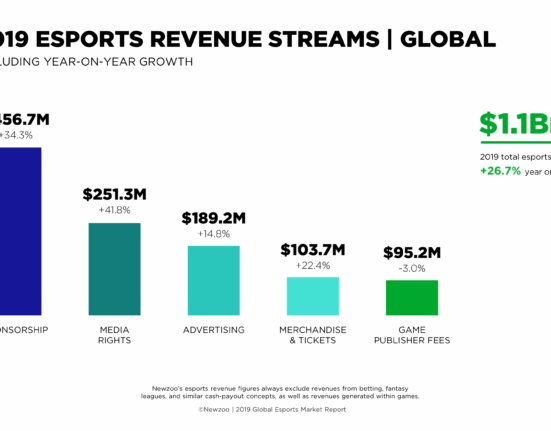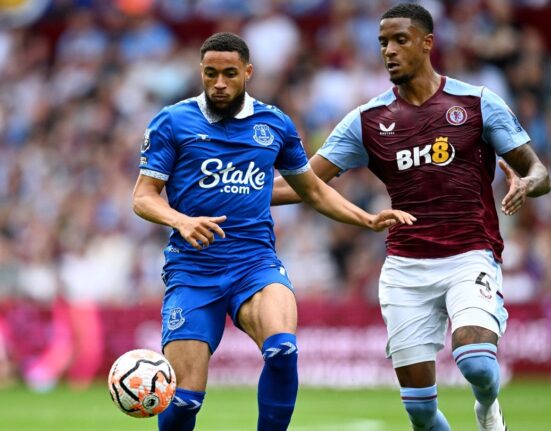After Kevin De Bruyne showcased his enduring brilliance in a recent match against Wolves, the football world was abuzz with opinions on whether Manchester City made the right call by letting the Belgian maestro leave. The 33-year-old midfielder, who has been an integral part of City’s success story over the past decade, delivered a vintage performance that included a decisive goal and key contributions in orchestrating his team’s attacks.
Jamie Carragher’s Perspective:
Former Liverpool defender Jamie Carragher weighed in on the debate, expressing understanding for Manchester City’s decision to part ways with De Bruyne. He pointed out the challenges posed by De Bruyne’s age and injury record, suggesting that his hefty wages might not be justifiable for a player who may only feature sporadically due to fitness concerns.
Carragher highlighted how sustaining such high costs for a player who wouldn’t be guaranteed regular playing time could potentially strain Manchester City’s financial structure. Drawing parallels to other footballing icons who transitioned into mentorship roles as their playing time reduced, Carragher hinted at the delicate balance between honoring a player’s legacy and making sound business decisions in modern football.
Micah Richards’ Contrasting Viewpoint:
On the flip side, Micah Richards, another ex-Manchester City stalwart with firsthand experience of sharing the pitch with De Bruyne, offered a contrasting perspective. Richards emphasized De Bruyne’s enduring quality and footballing intelligence as reasons why he believed the Belgian could still perform at an elite level despite advancing age and physical limitations.
Richards echoed sentiments from sections of Man City supporters who appreciated De Bruyne’s contributions and felt it fitting for him to depart on a high note. He underlined how even though age might restrict certain aspects of performance, De Bruyne’s technical proficiency and impact on games remained undiminished.
Expert Insights:
Football analysts often find themselves torn between sentimentality towards club legends like De Bruyne and pragmatism regarding financial sustainability and squad planning. The case of an aging superstar facing contract dilemmas poses complex ethical and strategic questions for clubs aiming to navigate loyalty versus long-term viability gracefully.
In professional sports, decisions surrounding player contracts extend beyond individual skill or legacy; they involve intricate calculations about squad dynamics, wage structures, injury risks, and evolving tactical needs. Balancing fan sentiments with managerial prudence becomes pivotal when determining the future paths of revered players entering twilight stages of their careers.
As debates rage on social media platforms and fan forums about whether clubs should retain aging stars based on past glories or pave way for fresh talent infusion through strategic exits like De Bruyne’s impending departure from Manchester City – one thing remains clear: football is as much about emotions as it is about tactics.
The Human Angle:
Amidst all these analyses lies Kevin De Bruyne himself – a consummate professional whose dedication to his craft shines through every pass he delivers on the pitch. Uncertain about what awaits him post his tenure at Manchester City but resolute in proving his worth till his last game at Etihad Stadium, De Bruyne symbolizes resilience blended with humility – qualities that transcend mere sporting prowess.
In a sporting landscape inundated with statistics and speculation around transfer sagas, it sometimes becomes easy to overlook the human facet beneath those meticulously curated narratives – tales of grit, sacrifice, camaraderie shared in locker rooms during victories and defeats alike; stories that define athletes beyond their jersey numbers or accolades adorning trophy cabinets.
Epilogue:
So as Kevin De Bruyne prepares to bid adieu to familiar terrains at Manchester City – leaving behind memories etched in fans’ hearts forever – he embarks upon an uncertain yet hopeful journey towards new horizons where challenges await but so does opportunity; where echoes of past triumphs serve as stepping stones rather than burdensome legacies – epitomizing what true sportsmanship embodies: evolution amidst change.








Leave feedback about this